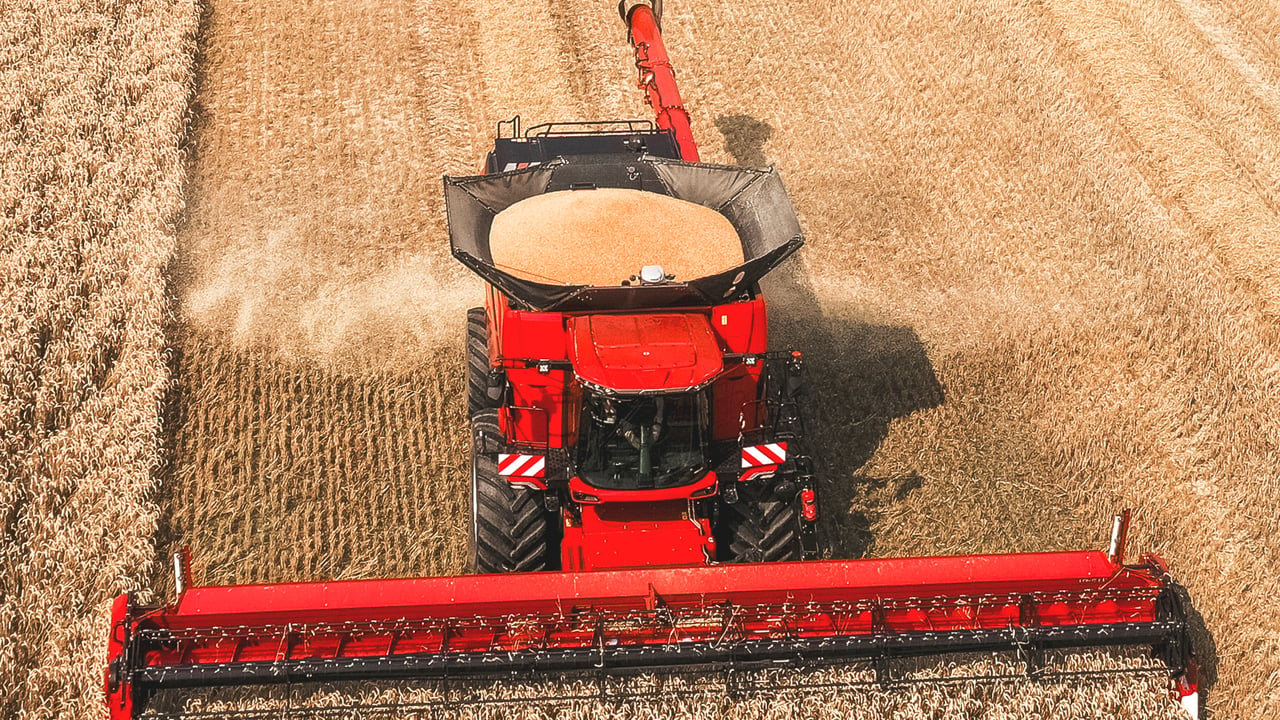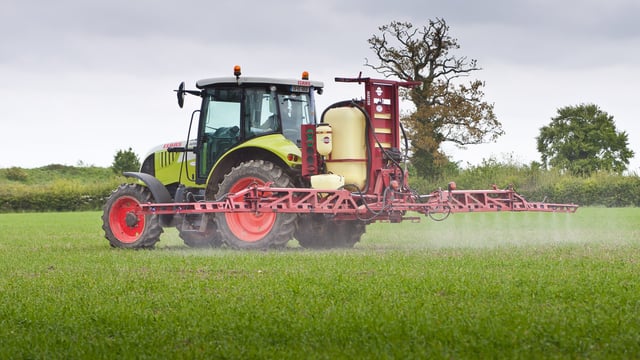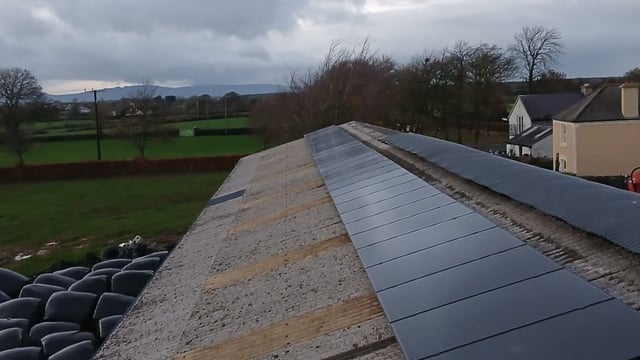Is Irish tillage at a tipping point?
The Irish tillage sector has endured three challenging harvests in a row. And the prospect of fourth is now looming.
This is the very clear view of leading representatives from the Irish Grain Growers Group (IGGG).
A spokesperson for the organisation commented: “The latest analysis from Teagasc indicates that Irish tillage farmers will have to secure a winter barley yield of 3.7t/ac just to cover their costs in 2026.
“And this figure takes account of crops grown on owned-land only.
“Adding conacre rental figures into the mix simply makes the prospects of securing any form of income from crop production almost impossible into the future.”
Many IGGG members now feel that a significant cohort of Irish tillage farmers will fundamentally review their approach to the sector over the coming weeks and months.
The organisation’s spokesperson continued: “Grain prices are at a forty-year low. Looking ahead, the prospect of a fourth consecutive year of losses means that tillage farmers will not be able to compete when it comes to securing conacre land in 2026.
“The alternative is for growers to simply put their own ground out on long-term lease arrangements."
The spokesperson said this approach would securing tillage farmers "an income of sorts for themselves while also benefitting from the tax breaks that are available".
“Not every farmer will opt to leave the sector. But it’s already clear that older growers are looking at future options for themselves: one that does not include the growing of crops."
Stabilising Irish tillage, in the view of IGGG members, will require government making two fundamental decisions.
One is to bring forward a long-term, financial support scheme for the industry. The other is the official recognition by government of the intrinsic value represented by native grains.
The IGGG spokesperson continued: “Tillage has the lowest carbon footprint of any Irish farming sector. Net emissions are at almost zero levels.
“Meanwhile, the sector is forced to compete with grains and oilseeds produced in countries outside of the EU, which are produced to standards that not be accepted in this country.
The spokesperson pointed to use of genetically modified crop varieties as a case in point.
“Meanwhile, the Irish government is more than happy to grant aid the installation of solar panels and other technologies deemed to be of an environmental benefit," the spokesperson said.
This is far from a level playing field where the tillage sector is concerned.”





